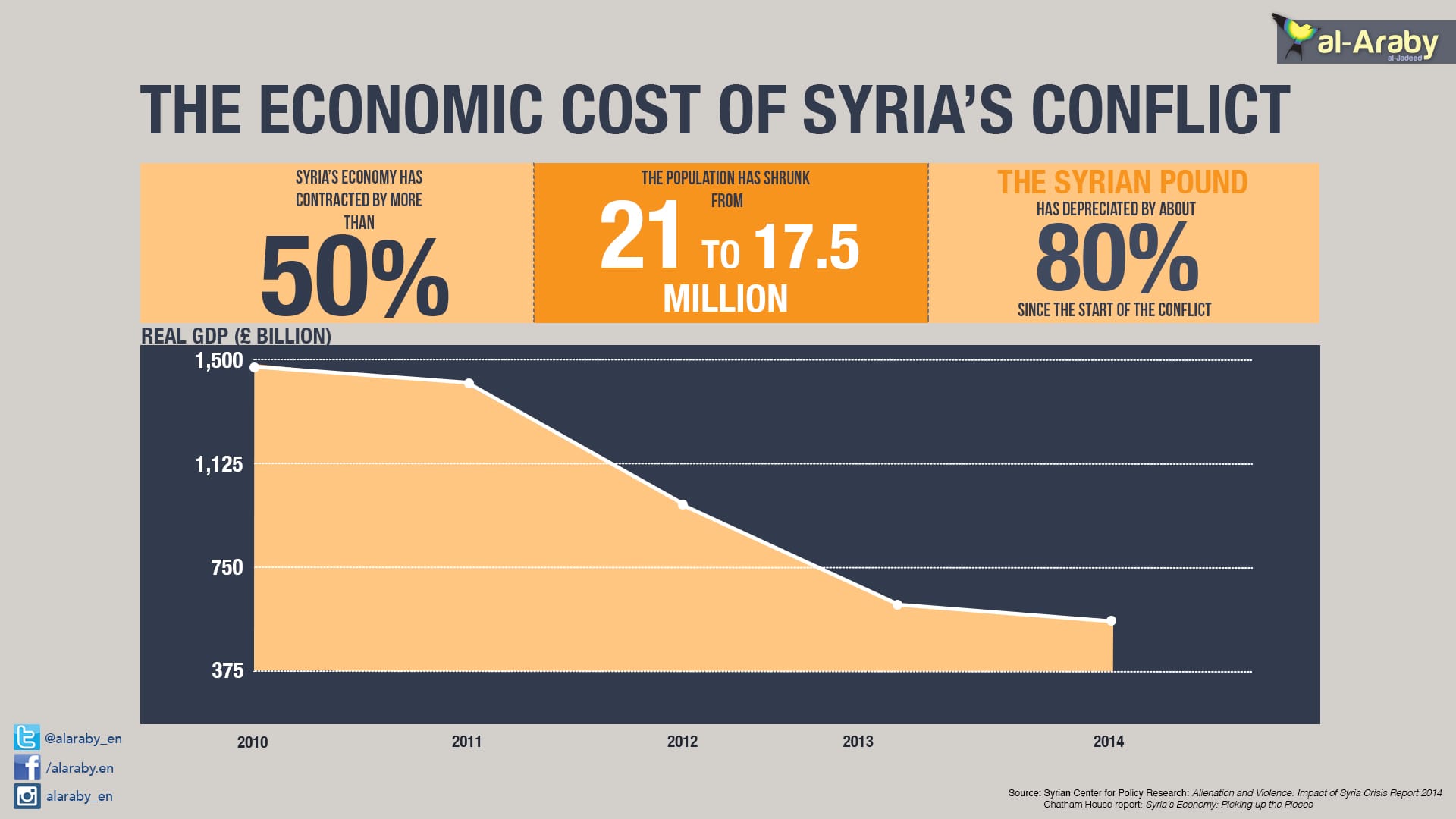Global markets were in a state of turmoil on Friday, as Asian shares plummeted and US Treasury yields surged, sparking concerns about the outlook for the global economy. The Nikkei index in Japan fell 2.3%, while the Hang Seng index in Hong Kong dropped 2.5%. The Shanghai Composite index in China also fell 1.5%.
The sell-off in Asian markets followed a weak overnight session on Wall Street, where the S&P 500 index fell 1.3%. The Dow Jones Industrial Average also fell 1.1%, while the Nasdaq Composite index dropped 1.7%.
The decline in equities was triggered by concerns about rising inflation and interest rates. The US Labor Department reported on Thursday that the producer price index (PPI) rose 0.8% in February, exceeding expectations and sparking fears that inflation could be more persistent than previously thought.
The PPI data has significant implications for monetary policy, as it suggests that the Federal Reserve may need to raise interest rates more aggressively to combat inflation. The Fed has already signaled that it will raise rates at its next meeting in March, but the latest data has raised concerns that it may need to act more decisively to curb inflation.
The yield on the 10-year US Treasury note surged to 2.04% on Friday, its highest level in over a year. The yield on the 30-year Treasury bond also rose to 2.43%, its highest level since May 2020. The rise in long-dated yields reflects market expectations that the Fed will need to raise rates more aggressively to combat inflation.
The surge in Treasury yields has significant implications for the global economy, as it could lead to tighter financial conditions and slower economic growth. Higher interest rates could also lead to a stronger US dollar, which could have negative implications for emerging markets and other countries that rely heavily on exports.
The volatility in global markets has also sparked concerns about the outlook for corporate earnings. Many companies have reported disappointing earnings in recent weeks, citing rising costs and supply chain disruptions. The weakness in corporate earnings has led to concerns that the global economy may be slowing down more rapidly than previously thought.
In addition to the weakness in equities and the rise in Treasury yields, the US dollar also strengthened against major currencies on Friday. The dollar index, which tracks the value of the dollar against a basket of currencies, rose 0.3% to 98.3.
The volatility in global markets is likely to continue in the coming weeks, as investors await more data on inflation and economic growth. The Fed is also expected to release minutes from its last meeting, which could provide more insight into its thinking on monetary policy.
In conclusion, the sell-off in Asian shares and the surge in US Treasury yields reflect growing concerns about rising inflation and interest rates. The volatility in global markets is likely to continue in the coming weeks, as investors await more data on the economy and the Fed’s next move on monetary policy.



